This post may contain affiliate links. Please see our full Disclosure Policy for details.
Floating boat kids science experiment is a stem based activity for Kindergarten and Montessori children. Kids get the opportunity to learn about the floating characteristics of a boat using coins or pennies. I am sharing various materials we used to make the boat float with coins and how to make paper boat, Lego boat and foil boat today. Kids get to record the observations in the free printable at the bottom of the post with the help of an adult.
Float your boat and make a splash with your project. We test which raft floats the best when we add pennies or other weights to them. This science experiment has two parts. First part is the engineering science and second is the experimental science stem activity.
Floating boat kids science experiment
Let the fun begin
Float boat kids science experiment preparation
Begin by making raft using different materials. Give your kids the freedom to experiment and create their boat. While they are making it ask them relative questions like why they think this raft will hold a lot of weight?
Floating boat kids material
You will need:
– Food coloring (optional to color the water for extra fun)
– Paper
– Lego
– Any other material you want to try floating with weight
– Straw
– Coloring pencils (optional for coloring paper)
– Pennies or coins
– Playdoh
Lego boat tutorial
To make these super simple rafts you need Lego bricks and tiles.
– Build with Lego tile at the base of your boat. Then use Lego bricks to make the borders and sides. Be as creative as you want.
– Once your raft is done. Make a few more to test different structures.
– Decorate your raft or boat in any way you like.
– To make the flag simply use playdoh to stick the paper straw.
– You can make the flag using felt, foam, or paper. We used paper and colored the flag.
Foil and paper boat tutorial
These two boats are very simple to make.
– Aluminium foil: Take a sheet of foil and start rolling the sides to form a raft.
– Paper: We created simple boats using printer paper.
We created a video tutorial to show you how to make paper boat and foil boat. Video makes it super easy to follow instructions. It is also easier for kids to make it. Please note find the instructions during the experiment.
Activity observations free printable
Now that our boats and rafts are ready to test weights. We need a printable to record our observations. Printable is free to print for personal use only.
1) Floating boat kids science experiment with Lego
Are you ready to test these rafts in the water?
We started by testing our Lego boats. First we sorted all the pennies into nickles, dimes, quarters, loonies and toonies. The Lego boats with the pole could hold less weights then the ones without it. So we talked about the concept of making your boats as strong and light as possible.
RECORD YOUR OBSERVATION:
Every test had an observation and it helped conclude our experiment at the end.
Next up a fancy Lego boat structure. This one sank very quickly. Talk about the openness of the borders and how the water seeps into the boat if the sides are open.
EXPERIMENTAL CONCLUSION:
Kids concluded that smaller rafts with intact borders can hold most pennies.
Kids also concluded that dimes are the lightest so dimes are the most compared to other pennies.
HINT: This activity is also fun for counting numbers and sorting pennies.
2) Floating boat kids science experiment with foil
The foil rafts or foil trays hold the most pennies before they sink. These were easy to make and very popular doing our experiment. Talk about the properties of different materials like plastic and aluminium foil. Observe how aluminium foil is lighter than plastic and made better floating boats.
3) Floating boat kids science experiment with paper
Similar to aluminium foil, paper is light weight and can hold many pennies. Experiment and write your observations to compare the two. The paper boats can not be reused like Lego and foil since the water seeps into this material overtime.
There are quiet many ways to experiment and make observations here:
How many pennies can your boat hold before it flips over or sinks? Which raft can hold the most pennies?
– First the kids focused on sorted pennies with single material. Therefore, we concluded boat can hold lighter pennies the most.
– Secondly the kids tested different materials. Therefore, we concluded which material Lego, foil or paper can hold most dimes. I leave that on you to figure out? In the image above we used nickles and quarters later during the day.
4) Floating boat kids science experiment with magnetic tiles
FAILED! This project failed since the water seeps in from the gaps between the tiles.
5) Floating boat kids science experiment with recyclable material
The kids will enjoy going on a scavenger hunt looking for recyclable materials to float in the water. This was another fun activity during the experiment. Try different materials and talk about it’s properties and floating mechanism.
SIDE NOTE: After this experiment the kids love to try different materials and Lego structures and try floating them in the bath tub every other day.
Video: Floating boat kids science experiment
Enjoy this video that our kids and I have compiled together. Find more of their videos at build with brothers.
– It contains step by step instructions to make boats and rafts using Lego, aluminium foil and paper.
– It also shows how we performs our experiment and recorded observations to come to the conclusion.
You will also like:
70 Creative sea animal crafts for kids
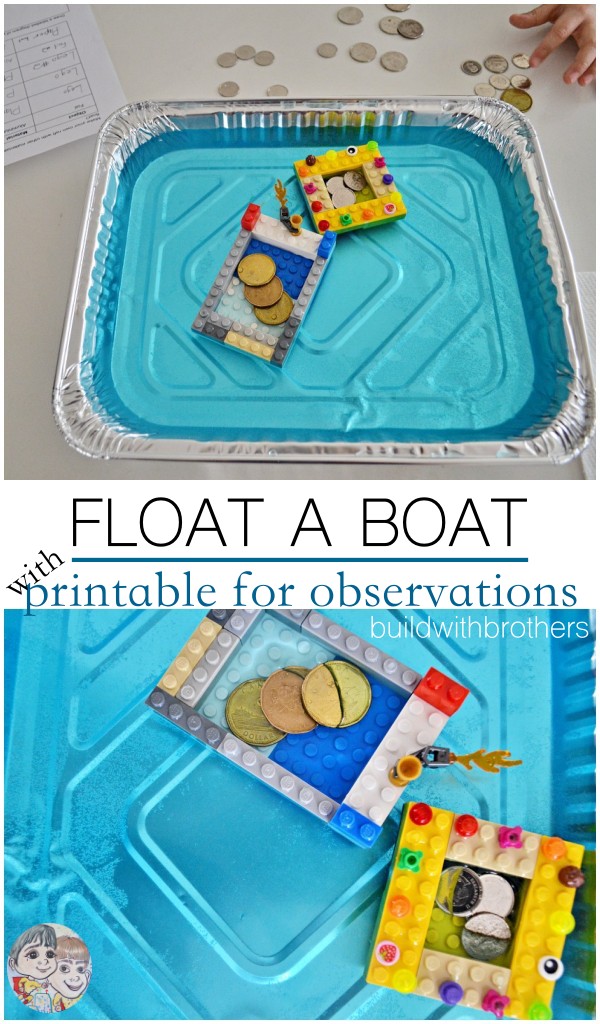
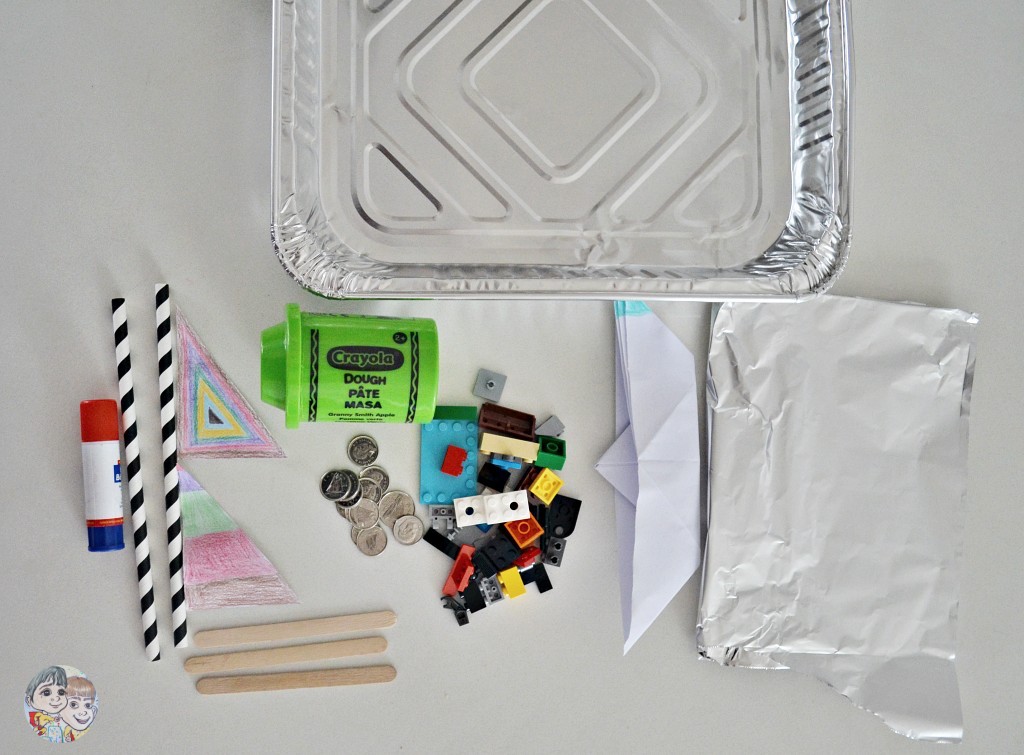
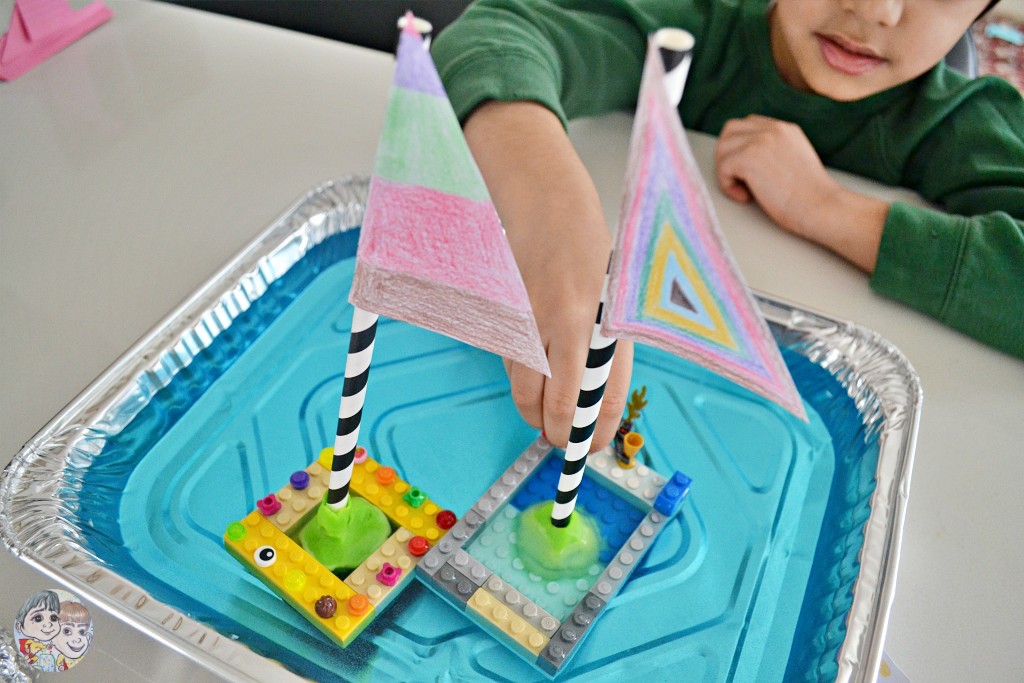
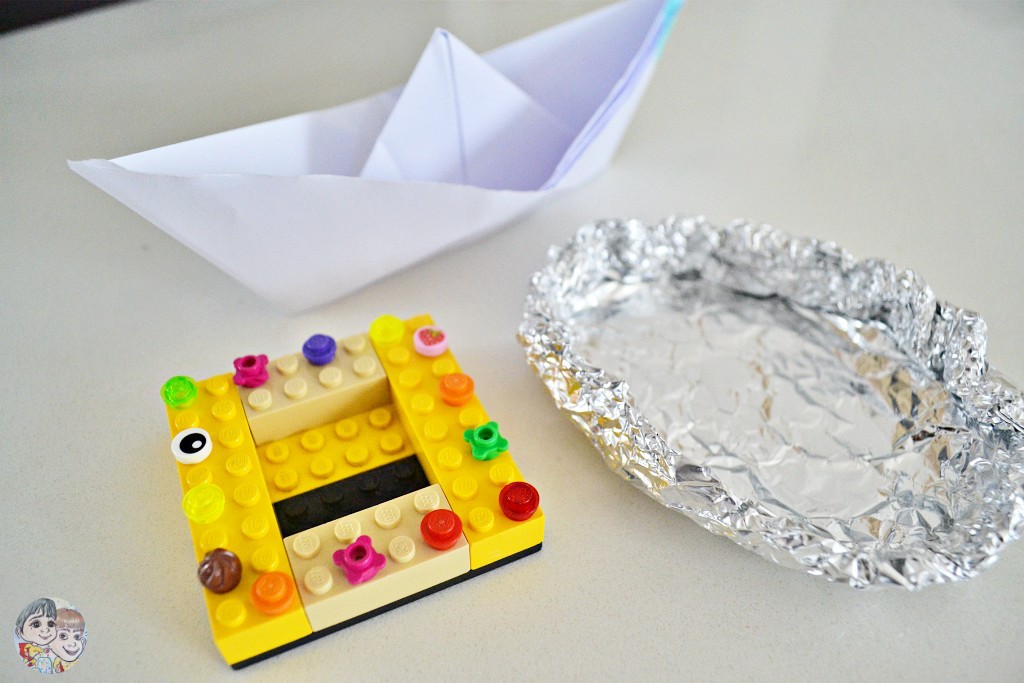
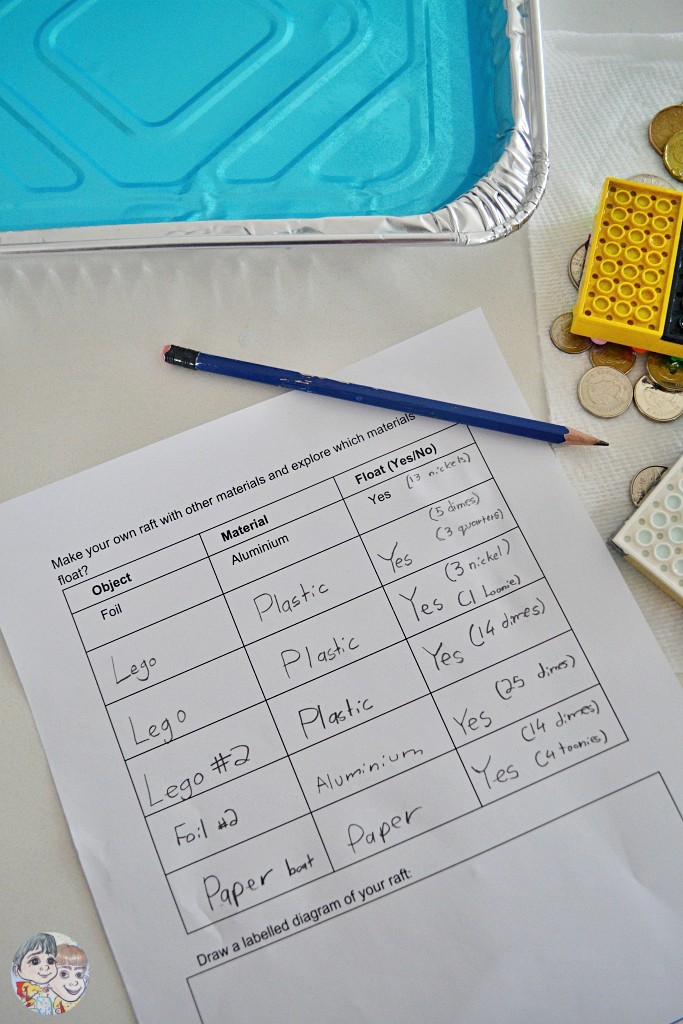
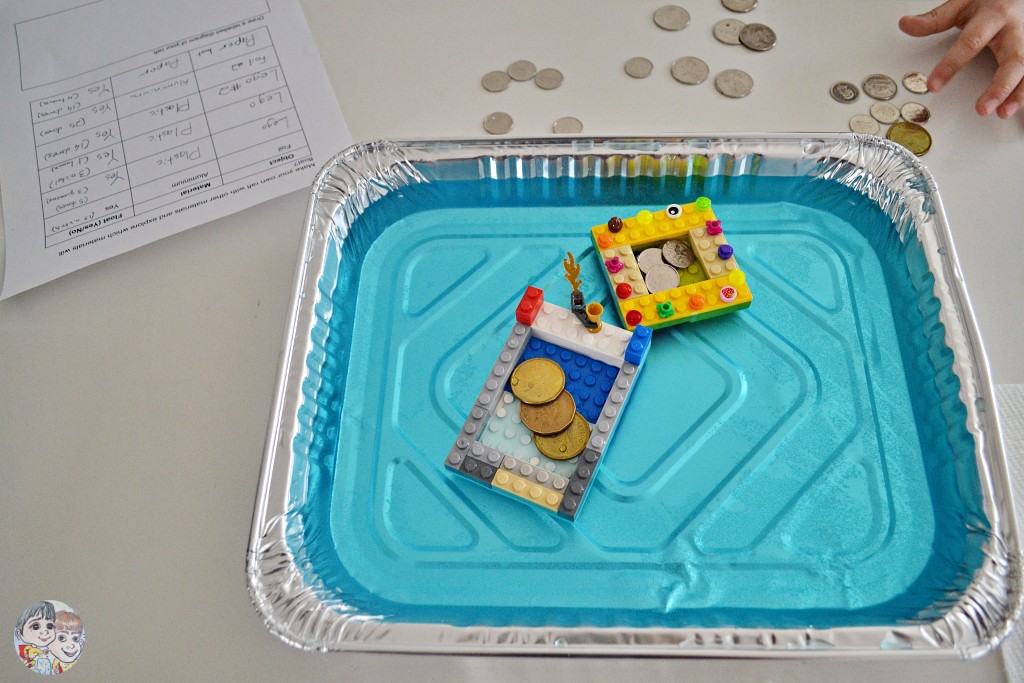
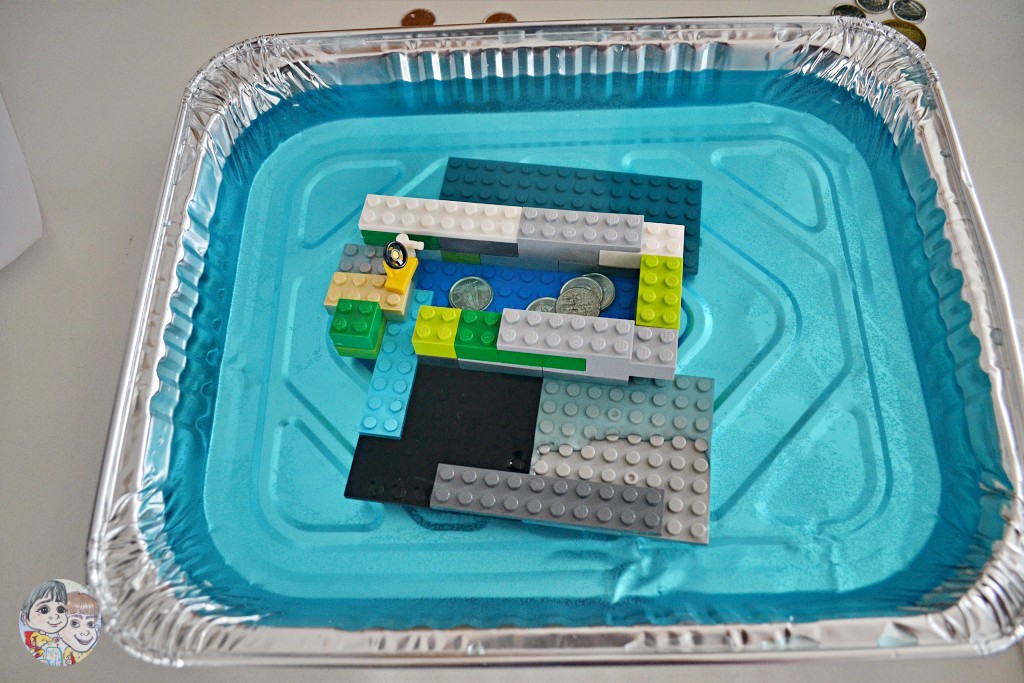
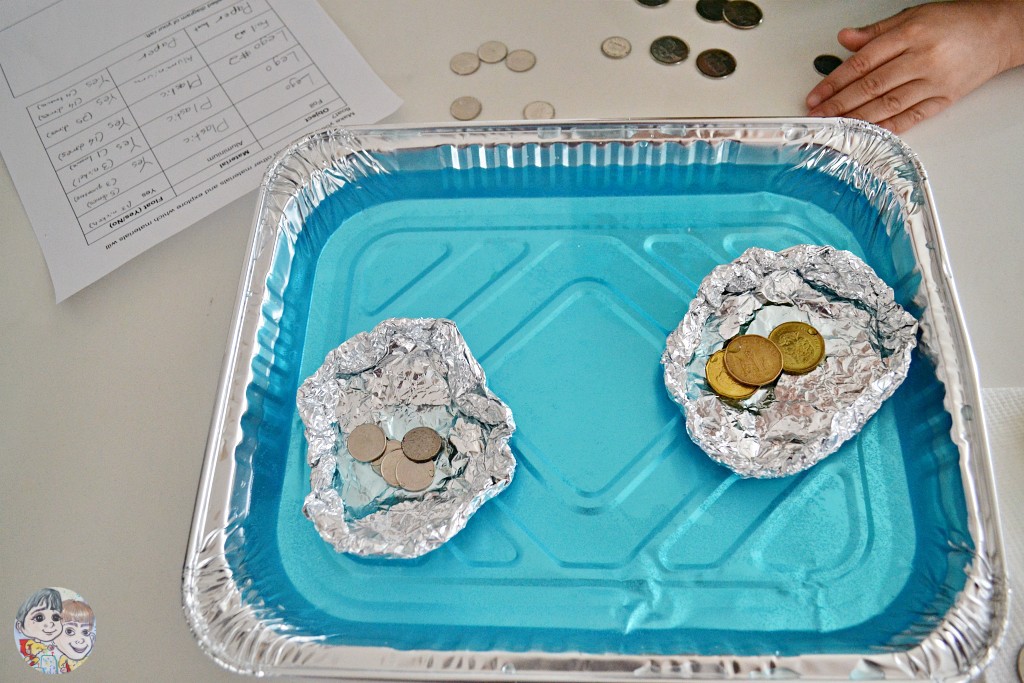
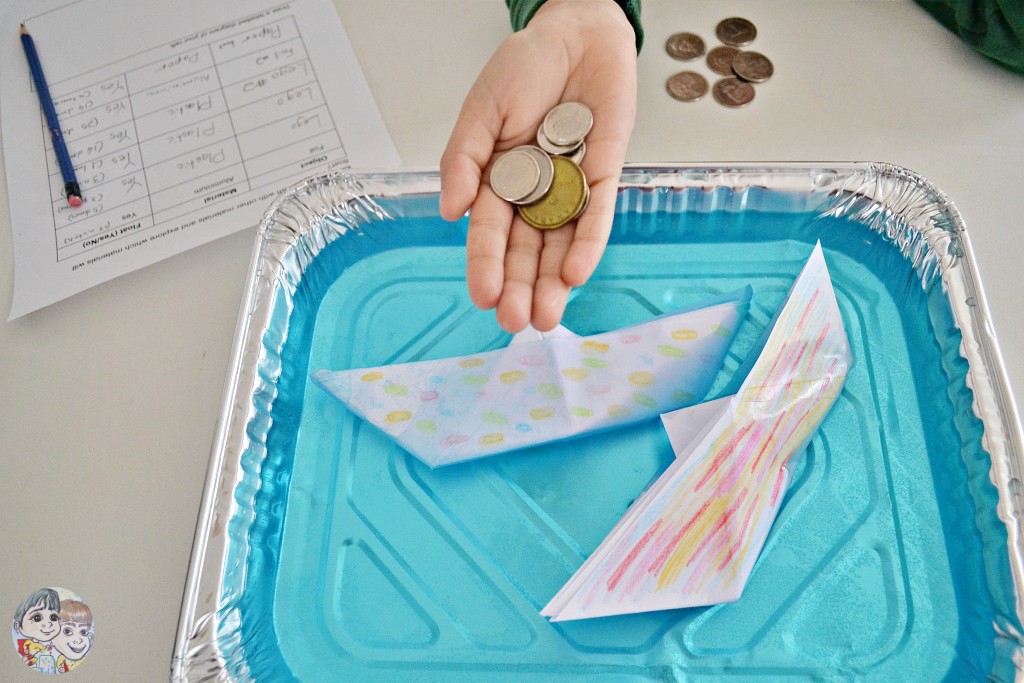
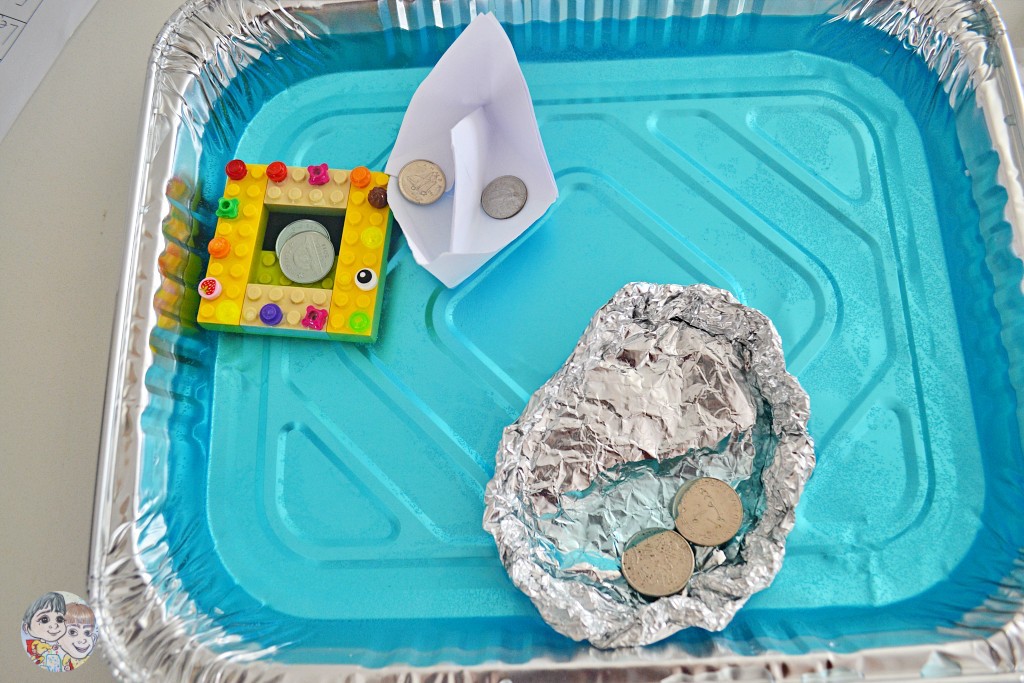
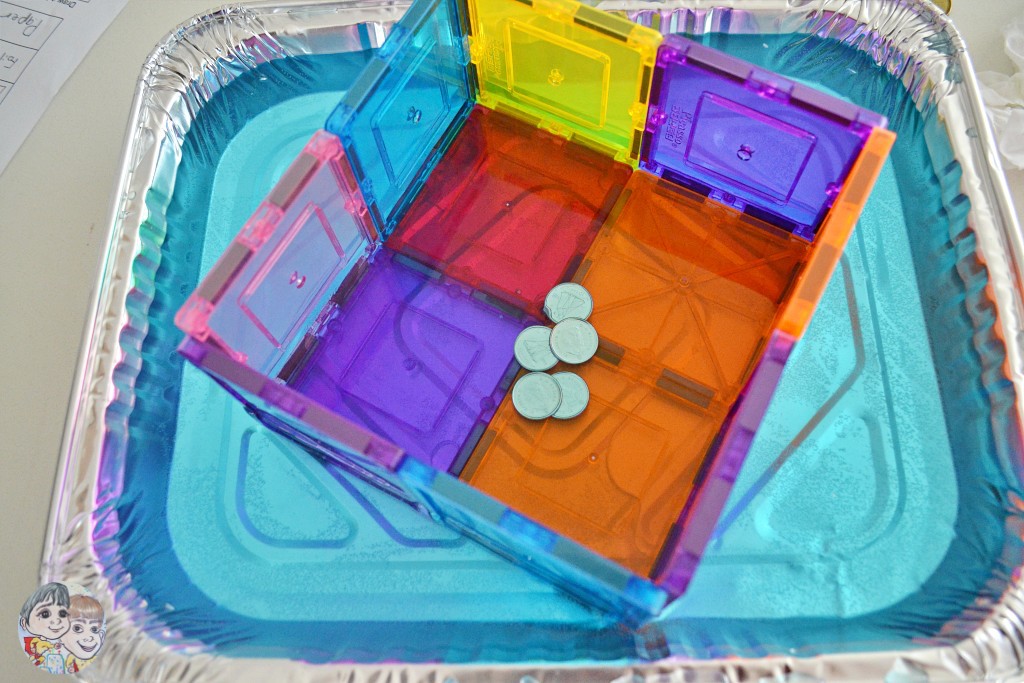
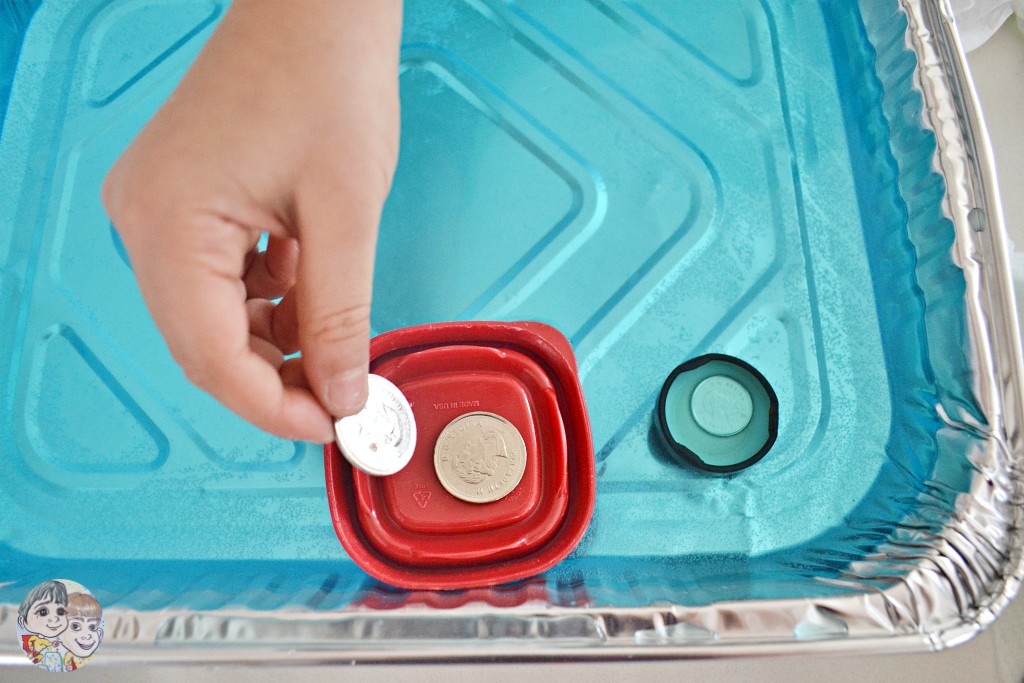
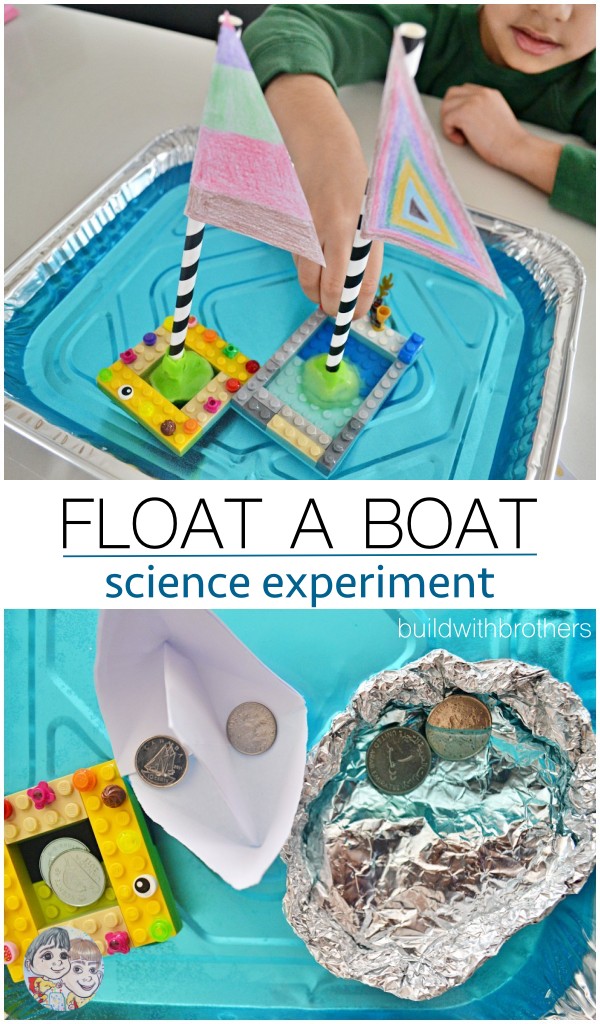









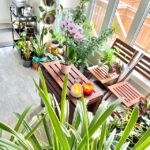

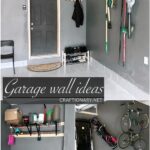


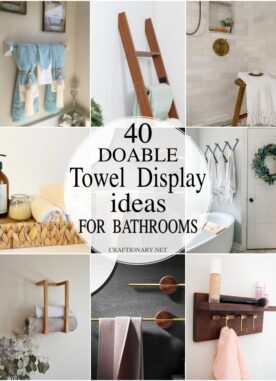
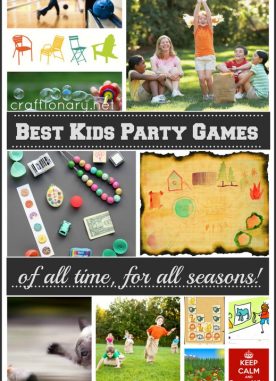
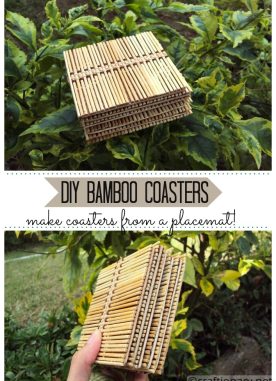
those look so interesting and fun.